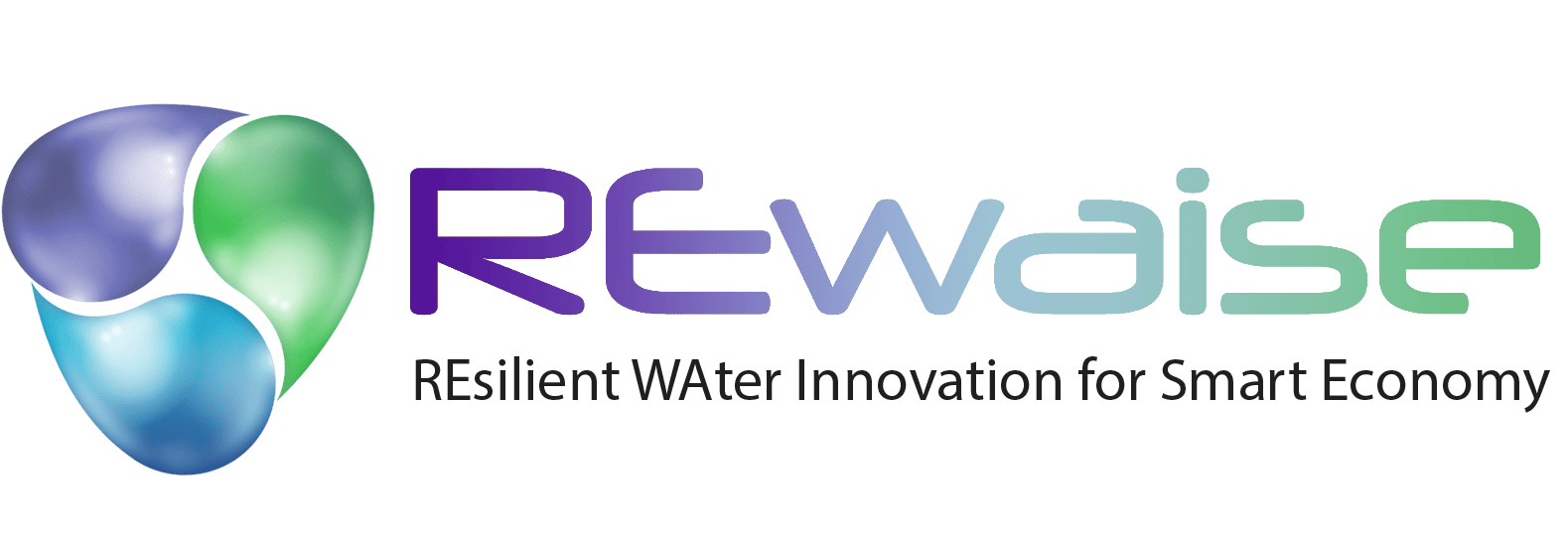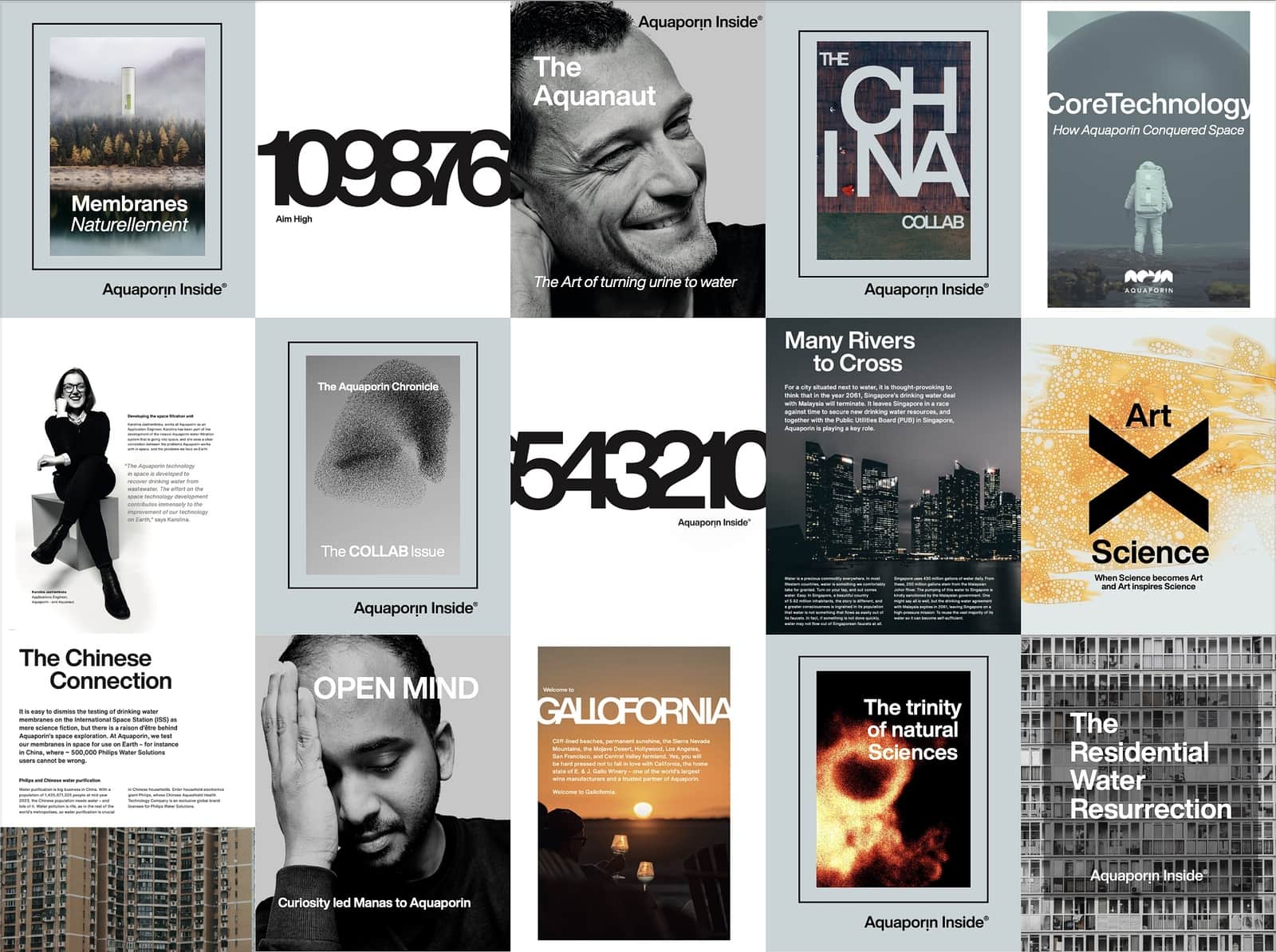BIOMEM revolutionizes bioprocessing with biomimetic membranes for ultra-selective molecule recovery, cutting energy use by 80%. This breakthrough enables sustainable bio-based production, reducing waste and boosting circular economic practices.
Duration: Until 31-03-2027
Funding framework: European Union’s Horizon Research and Innovation Programme (HORIZON-EIC-2023-PATHFINDEROPEN-01) under Grant Agreement N. 101124675








